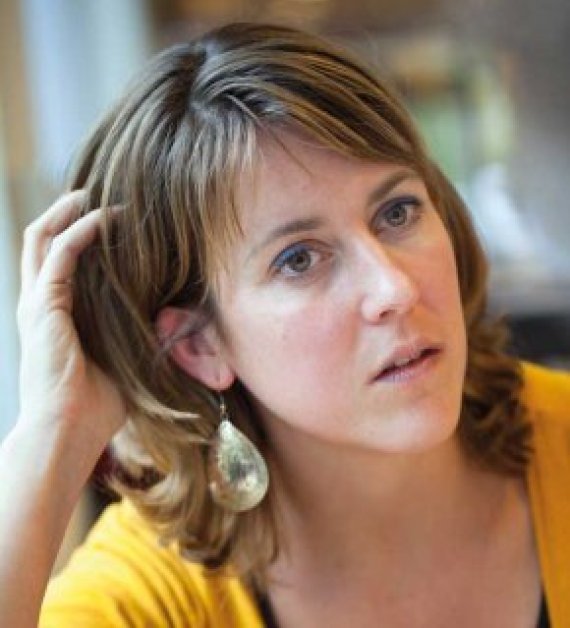Ellen Mangnus (photo: Bart de Gouw) was worried about her future too, when she was doing her Master’s in International Development at Wageningen. But after graduating six years ago she went from one job to another, ending up at the Dutch Royal Tropical Institute, the KIT. From her post there she is now doing doctoral research at Wageningen University on how farmers in Mali organize themselves in order to market their produce. On the side she has written philosophical columns reflecting on development aid in Vice Versa, a Dutch development journal. Last Monday saw the launch of her Dutch-language book Fewer hypes, more Hippocrates, written with Marc Broere, editor-in-chief of Vice Versa. The book portrays Dutch development aid over the last three years through columns and analyses. In spite of the budget cuts and the criticism of the sector, the authors still see a future for the development sector.
What does that future look like?
‘We need to go back to the essence of development cooperation, which is solidarity and international collaboration. At the moment there is too much management thinking and too much market thinking in the development sector. Organizations try to survive by writing project proposals to secure funding, but they lose sight of why they are doing it in the first place. The accent lies on keeping the sector going. Because of this, people working in the sector end up falling between two stools. They are not real development workers anymore, but they will never really be commercial consultants either.’
What is a real development worker then?
‘Someone with the professional skills needed in development cooperation. It requires empathic people who are good listeners and grasp what’s going on, even in an entirely different context. People who can see what people are capable of and what they need, so they give people more space to make their own decisions. In many developing countries nowadays, there is a belief that economic development is what is needed, but that is not the crux of development. It is all about empowering people to choose which way to go themselves.’
Is there still a future for development cooperation?
‘There will always be people working towards solidarity and a just world in some shape or form. Perhaps there will be more exchange and less paternalism in future. But there will still be a need for the professional skills of development cooperation. People claim that private companies will take over development cooperation, but I see no sign at all of that happening yet. Companies do want to conquer new markets, and they will think, too, about how they can do that without doing too much damage. But I don’t see them giving much thought to development yet, in the sense of empowering people to make their own choices.’
How do you get a job in development cooperation?
‘Follow your inspiration. If you are impassioned about homosexual rights in Uganda, go out there and link up with a local organization working on that. Book a ticket and go there. That will get you where you want to be much faster than sending 200 letters to development organizations just to end up as junior communication officer at ICCO.’
And if you really don’t manage to get to the land of your dreams?
‘You can use your development-related skills in other places too. Training youth in Rotterdam, for instance, to be neighbourhood mediators. Or distributing the sperm of useful cattle breeds around the world. As long as you don’t lose sight of your ideal. Because in my view, that is the problem with development cooperation. People who had an ideal that hasn’t come true and who then turned into bureaucrats doing something they know themselves is not particularly effective.’ Joris Tielens

